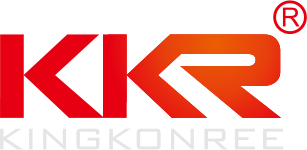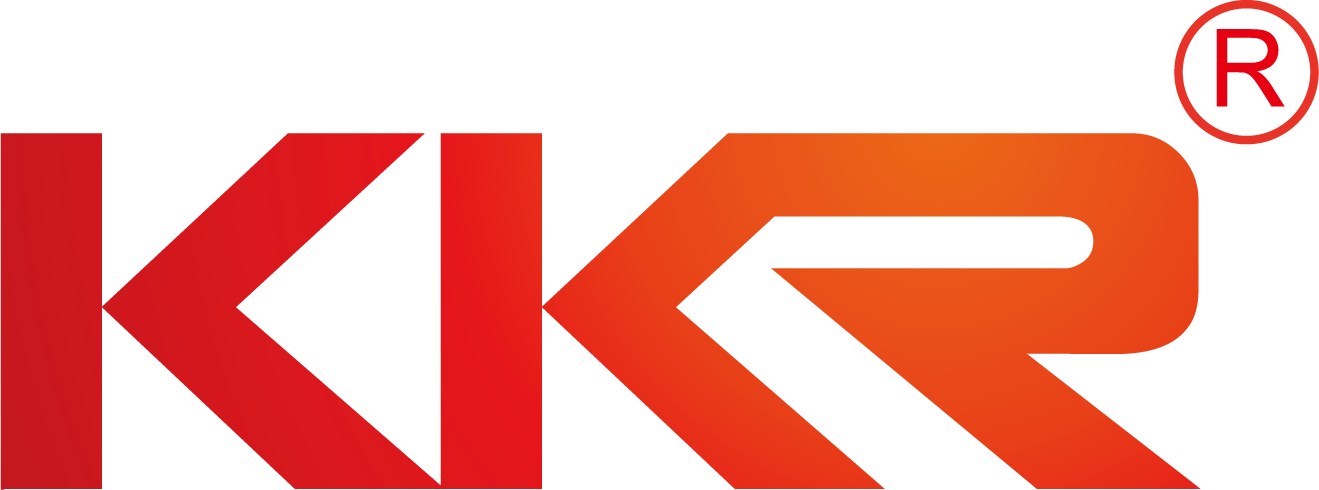 KingKonree - Solid Surface Manufacturer of Sanitary Ware, Solid Surface Countertops & Sheets for over 25 years, innovation in moulding and thermoforming
KingKonree - Solid Surface Manufacturer of Sanitary Ware, Solid Surface Countertops & Sheets for over 25 years, innovation in moulding and thermoforming
What Is The Primary Material Composition Of A High-Quality Solid Surface?
Solid surfaces are a popular choice for countertops, vanities, and other surfaces in residential and commercial settings. They are valued for their durability, versatility, and aesthetic appeal. A high-quality solid surface is made up of a specific material composition that sets it apart from other surface materials. In this article, we will explore the primary material composition of a high-quality solid surface, including the key components that make up these versatile materials.
The Role of Resins in Solid Surfaces
Resins play a crucial role in the composition of high-quality solid surfaces. These synthetic materials are responsible for binding the various components together to create a durable and long-lasting surface. The most common resins used in solid surfaces are acrylic and polyester. Acrylic resins are preferred for their superior performance and resistance to UV rays, stains, and scratches. Polyester resins, on the other hand, are known for their affordability and versatility. Together, these resins create a solid surface that is both functional and visually appealing.
The Importance of Fillers in Solid Surfaces
Fillers are another essential component of high-quality solid surfaces. These materials are added to the resin mixture to improve the surface's strength, durability, and aesthetic qualities. Common fillers used in solid surfaces include aluminum trihydrate, silica, and pigments. Aluminum trihydrate is a popular choice for its fire-retardant properties, making it an excellent option for kitchen countertops and other high-heat areas. Silica fillers help to enhance the surface's hardness and resistance to scratches, while pigments are added to create a wide range of colors and patterns.
The Role of Reinforcement Materials in Solid Surfaces
Reinforcement materials are often used in high-quality solid surfaces to provide additional strength and stability. These materials are typically embedded within the resin mixture to prevent cracking, warping, and other forms of damage. Common reinforcement materials include fiberglass, carbon fiber, and natural fibers. Fiberglass is commonly used in solid surfaces due to its high strength-to-weight ratio and resistance to moisture. Carbon fiber is another popular choice for its exceptional durability and rigidity. Natural fibers, such as hemp and jute, are eco-friendly options that provide added strength and stability to the solid surface.
The Influence of Additives on Solid Surface Properties
Additives are substances that are added to the resin mixture to enhance the performance and appearance of the solid surface. These materials can improve the surface's resistance to chemicals, UV rays, and heat, as well as add unique textures and finishes. Common additives used in solid surfaces include antimicrobial agents, UV stabilizers, and texture enhancers. Antimicrobial agents help to inhibit the growth of bacteria and mold on the surface, making it ideal for use in healthcare facilities and other high-traffic areas. UV stabilizers protect the surface from fading and discoloration caused by sun exposure, while texture enhancers create a tactile surface that is both functional and visually appealing.
The Impact of Manufacturing Processes on Solid Surface Quality
The manufacturing process plays a crucial role in determining the quality of a solid surface. High-quality solid surfaces are produced using advanced techniques and equipment that ensure consistency, durability, and precision. The resin mixture is carefully formulated to achieve the desired properties, while fillers, reinforcement materials, and additives are added in the correct proportions to enhance the surface's performance. The mixture is then poured into molds and cured at high temperatures to create a solid, uniform surface. Finally, the surface is sanded, polished, and finished to achieve the desired look and texture.
In conclusion, the primary material composition of a high-quality solid surface includes resins, fillers, reinforcement materials, additives, and advanced manufacturing processes. These components work together to create a durable, versatile, and visually appealing surface that is ideal for a wide range of applications. By understanding the key components that make up a high-quality solid surface, consumers can make informed decisions when selecting surfaces for their homes or businesses. Whether you are looking for a durable countertop for your kitchen or a stylish vanity for your bathroom, a high-quality solid surface is sure to meet your needs and exceed your expectations.
Company Info
Address:Room No. 2408-2508, Building 5A, Longguang Jiuzuan, Longhua District, Shenzhen, China
Zip Code: 518131
Tel: +86 (0)755-82875700
Fax: +86 (0)755-82875921

